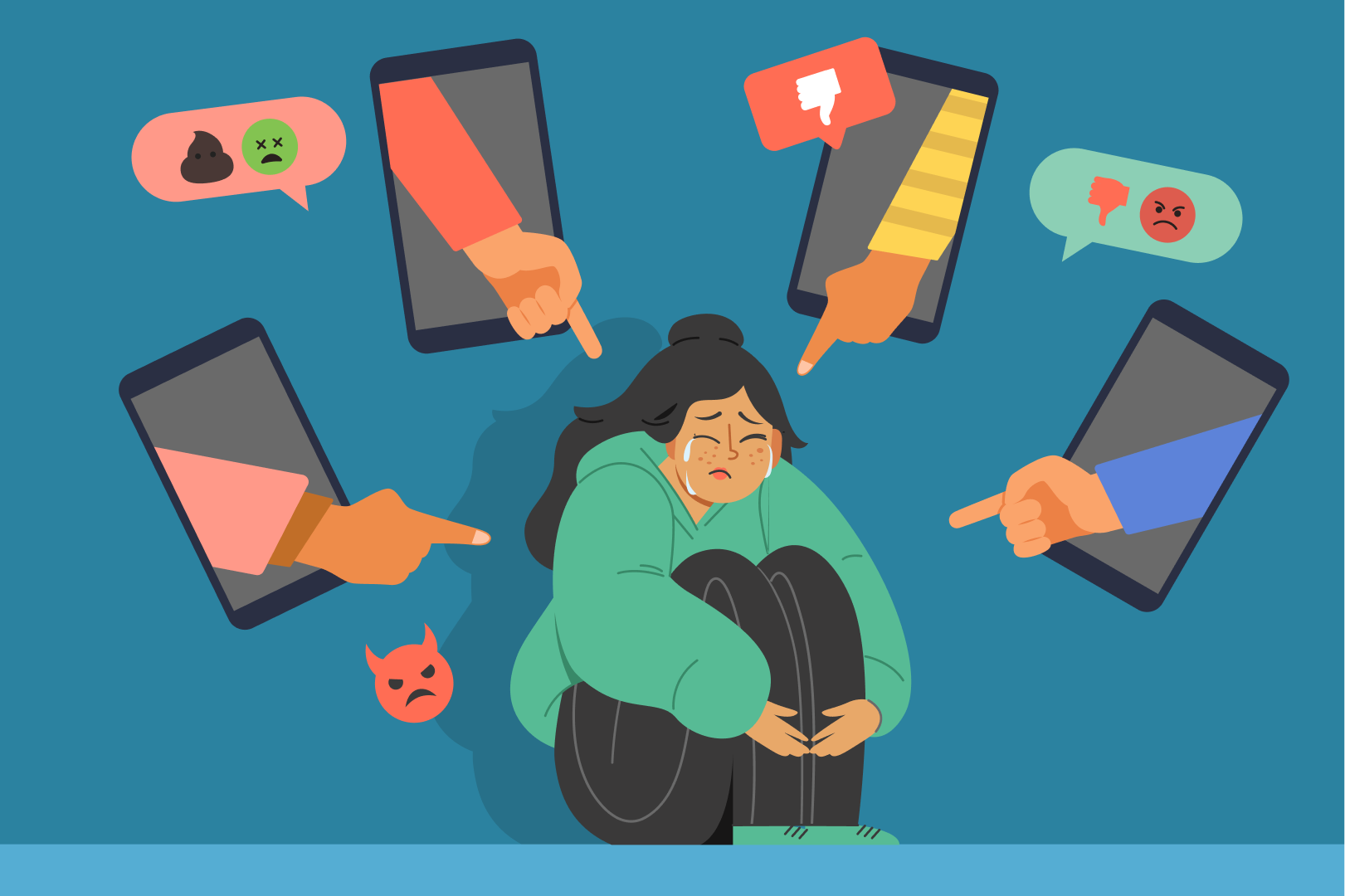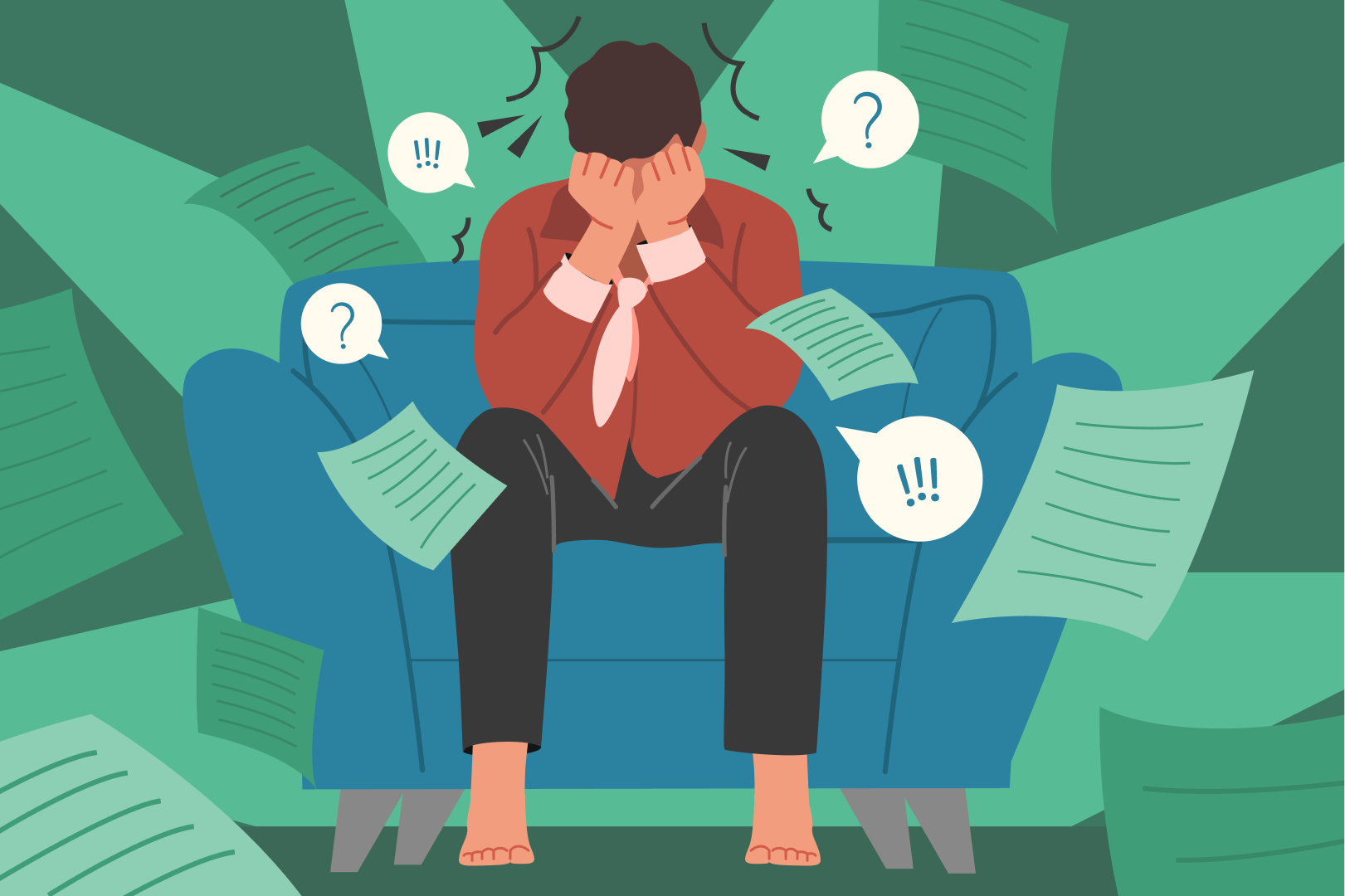The terms use, abuse and dependence (or sometimes addiction) are used frequently – and sometimes interchangeably – when talking about alcohol and drugs. But what do they really mean?
Use: Substance use is any consumption of alcohol or drugs. Something as commonplace as having a beer with friends during dinner is considered substance use. Substance use may not be a problem or lead to abuse or dependency in some people.
Abuse: Substance abuse is when someone continues to use drugs or alcohol even when it causes problems, such as trouble with work, family, or their health. For instance, continuing to drive after drinking knowing you should not is a sign of abuse.
Dependence: Substance dependence is an addiction to alcohol or drugs. You may be unable to stop drinking or using drugs, and have physical withdrawal symptoms when you try to quit.
Substance use disorder which includes the following signs and symptoms:
- Using substances in larger amounts for longer than intended.
- Making efforts to stop, but being unable to do so.
- Spending more time getting, using and recovering from using the substance.
- Having cravings and urges to use the substance.
- Continuing to use the substance even though it causes social and relationship problems.
- Giving up important social, work, and recreational activities because of the substance.
- Taking increased risks related to the substance.
- Continuing to use the substance when the user is aware it causes psychological or physical problems.
- Needing more of the substance to get the same effect.
- Developing withdrawal symptoms when stopping the substance.
The more of these signs or symptoms a person struggles with, the greater their substance use disorder. A person who meets none of these criteria likely does not have a problem with drugs or alcohol, while someone meeting six or more may have an addiction.
It’s important to keep in mind that only a mental health professional or addiction specialist can make an accurate diagnosis of a substance use disorder. If you think you may have a problem with alcohol or drugs, it’s important to talk to your doctor to get the help you need.
Substance use among youth ranges from experimentation to severe substance use disorders. All substance use, even experimental use, puts adolescents at risk of short-term problems, such as accidents, fights, unwanted sexual activity, and overdose. Substance use also interferes with adolescent brain development. Adolescents are vulnerable to the effects of substance use and are at increased risk of developing long-term consequences, such as mental health disorders, underachievement in school, a substance use disorder, and higher rates of addiction, if they regularly use alcohol, marijuana, nicotine, or other drugs during adolescence.
In short, Drugs and alcohol change the way your brain and body work. They change the balance of chemicals that help your brain to think, feel, create and make decisions.
If you’re going through a tough time, it can be tempting to use drugs and alcohol as a coping strategy. However, these are addictive substances that can cause symptoms of depression and/or anxiety or make an existing problem worse, while making recovery much harder. Some people with depression and/or anxiety can also develop problems with drugs and alcohol, which may also need treatment.
Changing drug and alcohol habits can take time, but with support and perseverance you will notice positive changes in your mental and physical wellbeing.
Drugs and alcohol affect the chemical messaging processes in your brain, so it’s difficult to predict how you will respond to them. Everyone is different. Every drug is different. And with illegal drugs you never quite know exactly what’s in them.
Some people use drugs or alcohol because they think they will make them feel better, but they can actually leave you feeling worse – anxious and agitated, or flat, unmotivated and moody. Your sense of reality can be affected too.
These reactions may be short term but they can still affect the way you think, make decisions and behave. There is a risk that while intoxicated you might act in ways that are out of character and that you later regret; you might act aggressively, take unnecessary risks or attempt to hurt yourself. Regular use can create health problems, affect your relationships with your friends and family, as well as causing potential problems for you at home or work.
If you’re taking prescribed medication for anxiety or depression, it’s also important to remember that alcohol and most illegal drugs interact with your medications and can reduce their effectiveness or increase the chance of side effects. If you’ve been drinking large amounts of alcohol or taking other drugs, tell your doctor so that they can assist you to get appropriate treatment.
here are three main types of drugs – depressants, stimulants and hallucinogens. They all cause your mind and body to react in different ways.
1) Depressants slow your body down; your breathing and heart rate can slow down, you can experience nausea and vomiting, and your ability to think and react to what is happening around you can be affected. Alcohol, heroin, cannabis, sedatives and inhalants are all depressants. These can give you a short-term sense of pleasure and make you feel good for a period of time, but many people experience feelings of depression after using depressants.They can make you disinhibited which increases the chance you might act impulsively or take unsafe risks. Regular depressant use can affect your mood in the longer term, making it even harder to cope, and can increase the risk of suicide in someone experiencing depression.
2) Cannabis can cause depression, acute panic attacks or ongoing anxiety and paranoia, even in people who have never previously shown signs of having a mental health condition. There is no known ‘safe’ level of cannabis use.
3) Stimulants speed your body up. They increase your heart rate, body temperature and blood pressure. People using stimulants can feel an increase in confidence, motivation and energy, and a decrease in the need for sleep. While some may say that they enjoy this ‘buzz’, stimulants can cause you to feel agitated, anxious, paranoid, aggressive and violent. You can also experience a range of physical side effects, such as severe stomach cramps, headaches and dizziness. Methamphetamines – such as speed and ice – cocaine and ecstasy are some of the commonly known stimulants.
4) Hallucinogens affect your sense of time and your emotional state, and can cause you to experience auditory or visual hallucinations (hearing or seeing things that aren’t there). Many people experience unpleasant or scary changes to their reality as a result of using hallucinogens. These negative effects can also be relived if the person experiences ‘flashbacks’ sometime later. Hallucinogens include LSD, ketamine and magic mushrooms. Cannabis can also have hallucinogenic effects.
How people react to drugs and alcohol depends on the person’s size, the type and amount of drugs and alcohol being taken, and how often they are being used.
It is important to be aware of what drugs you are taking and how much you are drinking. Try keeping a diary for a week to keep track, and note down any specific reasons or triggers that make you feel like using. You could also ask yourself the following questions:
- Why do you use drugs and alcohol?
- Are you trying to escape something in your life?
- How often are you using drugs or alcohol?
- Are you using drugs or alcohol more regularly? Are you finding it hard to control how much you use?
- Are you starting to experience problems like missing work or not doing things you were meant to?
- Are you having trouble sleeping, eating or just doing your normal daily tasks?
- Have you noticed a change in your energy levels? More tired? More energy?
- Are you experiencing blackouts regularly?
- Are you experiencing changes in your mood? Finding it changing more quickly, or feeling more worried or unhappy than usual?
- Are you having trouble concentrating or making decisions?
- Are your friends or family asking you to take it easy?
Answering yes to several of these questions may mean that you are developing a problem with drugs or alcohol.
While there are many things about drug and alcohol use that are unpredictable, one thing we know for sure is that they affect our mental health. If you have developed drug or drinking problems because of your anxiety or depression, you will need to address both issues in order to make a full recovery. Reducing or cutting out drug and alcohol use improves health and wellbeing, and can make a big difference to the recovery process for someone experiencing anxiety or depression. It won’t always be easy and many people experience setbacks, but it is worth it.
If you think drugs or alcohol are affecting your physical or mental health, reducing the amount you use, and how often, is a really good start.
It can take time to change drug and alcohol habits. Some practical strategies include:
- Try not to take drugs or drink when you are feeling down or anxious.
- Avoid keeping drugs or alcohol in the house.
- Spend time with friends and family members who do not use drugs and alcohol.
- Take yourself out of situations where you know you will take drugs or drink excessively.
- Don’t drink alone, and limit drinking to meal times.
- Choose drinks with a low alcohol content, or alternate alcoholic drinks with non-alcoholic drinks.
- Drink slowly – limit yourself to one drink per hour.
- Let your friends and family know you are trying to cut down and ask for their support.
- Try exercise, meditation or doing things you enjoy to tackle stress and anxiety rather than using drugs or alcohol.
- Look after your physical health by eating well, drinking water and exercising regularly.
Go easy on yourself. Remind yourself that changing habits takes time and that it’s normal to stumble along the way.
Setting your own personal goals on how you plan to cut back gives you something tangible to aim for. For example:
- how many drug or alcohol free days you will have each week (aim for at least two alcohol free days each week and as many drug-free days as possible)
- how many standard drinks you will limit yourself to on any one drinking day
- your maximum number of standard drinks per week.
If you need assistance, your doctor can provide more structured advice about how to change your habits, or refer you to psychologists or other counsellors for assistance. If necessary, they may also prescribe medication to help you stop drinking alcohol.
It can be hard to stop taking drugs or drinking completely. However, it is best to stop completely rather than just cutting back when:
- you’ve become dependent on drugs or alcohol
- your anxiety or depression is severe
- you have suicidal thoughts
- you’ve experienced physical health, personal, financial or legal problems as a result of your drinking or drug use.
If you are taking antidepressants it is important to understand how your medication might interact with drugs or alcohol. Minimising your drug or alcohol use or cutting it out completely will assist with recovery and reduce potential side effects. Your doctor is a good person to talk to about managing your medication.
Support Network:
Having a strong support network around you is really important if you have decided to take action to change your drug and alcohol habits. Support from friends and family is essential; they will provide reassurance and encouragement when you need it most.
You may need professional support to help you reduce your drug or alcohol use. A doctor can give you information and refer you to other services for treatment, such as counselling or drug rehabilitation. You can also self-refer to some services.
Drug and alcohol services are available online, over the phone or in person, so you can link in to support in a way that you feel comfortable. Many people find it helpful to share their experiences with others going through the same thing, so you might think about joining a group in your local area.
Supporting someone who is using drugs and alcohol can be really hard. Often you see things that the other person cannot; the changes in their thinking, their mood and the way they act with you and other friends or workmates. You might want to tell them to stop using, and you might have tried this, but you can’t force them to change – they need to make that choice for themselves.
- Be supportive and respectful. This does not mean that you have to support their drug or alcohol use; it means that you are supporting them emotionally. You can listen, talk about what is going on and let them know that they are not alone.
- Help them stay connected with friends that they share positive relationships with.
- Encourage them to continue doing things that help to improve their mood naturally – drug and alcohol free. Activities might include sport, music, learning a new skill, volunteering or getting outdoors.
- Ask them what you can do to help them. Often providing practical support, such as helping with cooking or household chores, can take the pressure off.
- Encourage them to talk with you or someone they trust about what is worrying them. These worries might be what triggers their drug and alcohol use.
- Help them find information and advice about drug and alcohol use online, over the phone or in person. If they are not interested you might suggest it again sometime, but be careful not to hassle them about it. You could also encourage them to contact the Beyond Blue Support Service for support.
- Encourage them to use safely to minimise the risks of them hurting themselves. If you are not sure what precautions they should take you can learn more together online.
- Remember that change takes time. Be patient and acknowledge their achievements, no matter how small, even if you do not understand what they are doing and why.
Supporting someone who is using drugs and alcohol can be exhausting. It’s important to take care of your own health and wellbeing during this time. Look after your physical health, take time out to do things you enjoy, and have your own supportive friends to call on when you need it. You might also find that at times you need a break, and that’s OK too. Just make sure your friend or family member knows how much time you need so they do not feel rejected or alone.
Quitting smoking/gutka/tobacco:
It is one of the most important things you can do to improve your health. Quitting is also likely to improve your physical and mental wellbeing.
For guidance on how to quit tobacco, use the following link:
Navjyoti Addiction Helpline | |
Sharan Drug Drop Helpline Centre |








